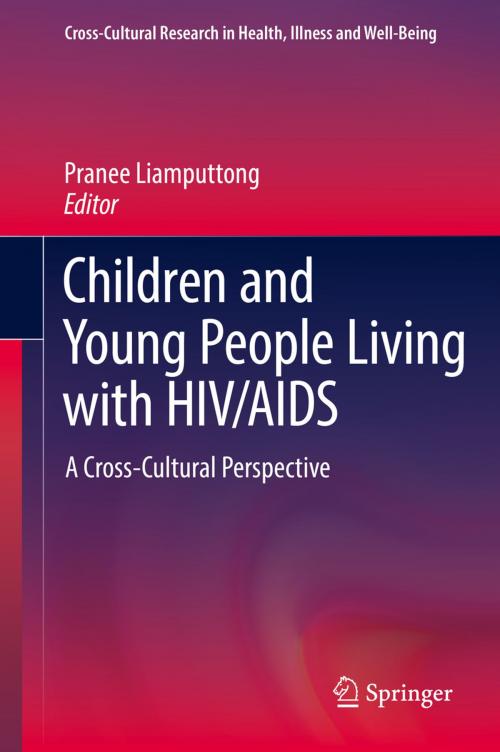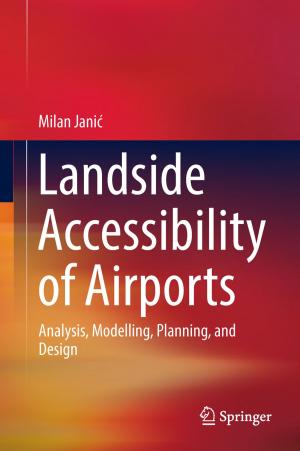Children and Young People Living with HIV/AIDS
A Cross-Cultural Perspective
Nonfiction, Health & Well Being, Medical, Reference, Public Health, Social & Cultural Studies, Social Science, Sociology| Author: | ISBN: | 9783319299365 | |
| Publisher: | Springer International Publishing | Publication: | June 14, 2016 |
| Imprint: | Springer | Language: | English |
| Author: | |
| ISBN: | 9783319299365 |
| Publisher: | Springer International Publishing |
| Publication: | June 14, 2016 |
| Imprint: | Springer |
| Language: | English |
This book focuses on the issues encountered by children and young people who are living with HIV/AIDS. It examines their lived experiences associated with HIV/AIDS, and studies groups of children and youngsters from around the globe. Connecting empirical information with real-life situations, the book brings together results from empirical research that relates to these children and young people. Its chapters can be used as evidence for health care providers to implement socially and culturally appropriate services to assist individuals and groups of children and young people who are living with HIV/AIDS in many societies. Many of these young people are from the most marginalized and vulnerable groups; and many have been orphaned by the death of their HIV-positive parents. Marginalized young people such as refugees, migrants and street children are most at risk due to the use of illicit drugs, their exposure to unprotected sex (in exchange for food, money and protection), and stigma associated with their marginalized lives. The impact that HIV/AIDS has on the opportunities for these young people to be able to lead healthy adult lives is considerable. This book gives a voice to these children and young people and advances our understanding of their lived experiences and needs.
This book focuses on the issues encountered by children and young people who are living with HIV/AIDS. It examines their lived experiences associated with HIV/AIDS, and studies groups of children and youngsters from around the globe. Connecting empirical information with real-life situations, the book brings together results from empirical research that relates to these children and young people. Its chapters can be used as evidence for health care providers to implement socially and culturally appropriate services to assist individuals and groups of children and young people who are living with HIV/AIDS in many societies. Many of these young people are from the most marginalized and vulnerable groups; and many have been orphaned by the death of their HIV-positive parents. Marginalized young people such as refugees, migrants and street children are most at risk due to the use of illicit drugs, their exposure to unprotected sex (in exchange for food, money and protection), and stigma associated with their marginalized lives. The impact that HIV/AIDS has on the opportunities for these young people to be able to lead healthy adult lives is considerable. This book gives a voice to these children and young people and advances our understanding of their lived experiences and needs.















